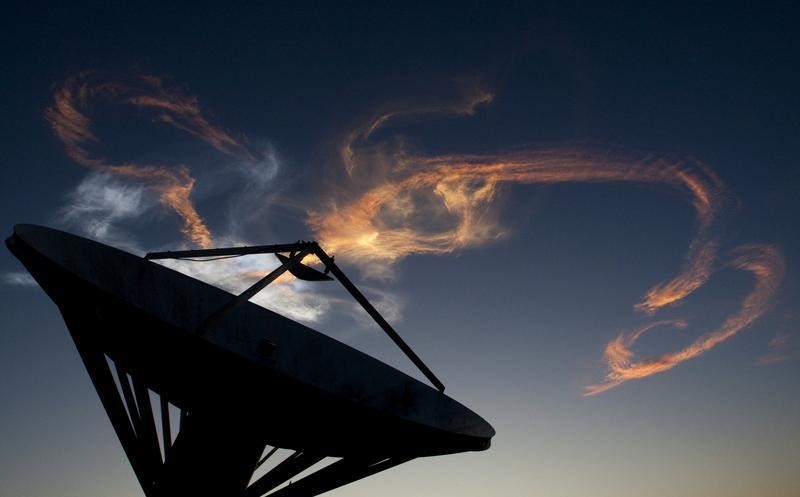By David Alexander
WASHINGTON (Reuters) - A compromise defense policy bill in Congress would bar the purchase of more Russian-made rocket engines to launch U.S. military satellites, clearing the way for competitive bids for 14 future launches, senior congressional aides said on Tuesday.
The proposal is one of several new agreements included in a compromise version of the 2015 National Defense Authorization Act (NDAA) filed in the House of Representatives and expected to be debated as early as this week.
The NDAA, which is approved annually, sets U.S. defense policy and authorizes spending levels but does not actually appropriate funds. It has to be approved by both chambers before going to President Barack Obama for his signature. Lawmakers will be asked to approve it without amendments, the aides said.
The measure authorizes a base defense budget of $521 billion, including $17.9 billion for Department of Energy nuclear weapons work, the aides said on condition of anonymity.
It also authorizes $63.7 billion in spending on the U.S. war in Afghanistan and the fight against Islamic State rebels in Iraq and Syria. The aides said the funding was at the level sought by the president.
The bill would bar United Launch Alliance (ULA), a joint venture of Boeing Co and Lockheed Martin Corp, from using Russian RD-180 engines to send U.S. military and intelligence satellites into space unless they were bought before Moscow's invasion of the Crimean peninsula this year.
Already controversial, the supply deal came under new scrutiny in November, when Reuters reported that a tiny company half-owned by Russian engine maker Energomash stands to receive $93 million in cost mark-ups under an RD-180 contract. Those charges are being added to the program despite a 2011 Pentagon audit that contested a similar, earlier contract with the middleman company, Florida-based RD Amross.
"Those engines that were already procured under contract at the time of the Crimea invasion are allowed to be used," said one aide. "Anything subsequent to that cannot be used."
ULA has an $11 billion contract with the Air Force for 36 launches. The decision to bar purchases of Russian engines after the Crimean invasion meant ULA could seek competitive bids for 14 launches, the aides said.
ULA uses the RD-180 to power its Atlas 5 rockets, but can also use Delta 4 rockets, which do not require the Russian engines, to launch spy and military satellites.
ULA spokeswoman Jessica Rye said the RD-180 had been a reliable workforce for the Atlas 5, but the company was working with Blue Origin, a venture run by Amazon.com founder Jeff Bezos, to develop a new domestic engine that would be ready by 2019.
She said several reports concluded that any effort to ban use of RD-180 engines before a domestic engine was ready would result in billions of dollars of added costs. "Even if a new entrant is certified, they will only have the technical ability to compete for 60 percent of the missions," she said.

Privately held Space Exploration Technologies, or SpaceX, has sued to be allowed to compete for some launch work. The Air Force is nearing certification of SpaceX to launch satellites using its Falcon 9 rockets. SpaceX declined comment.
(Additional reporting by Andrea Shalal; Editing by Andre Grenon and Miral Fahmy)